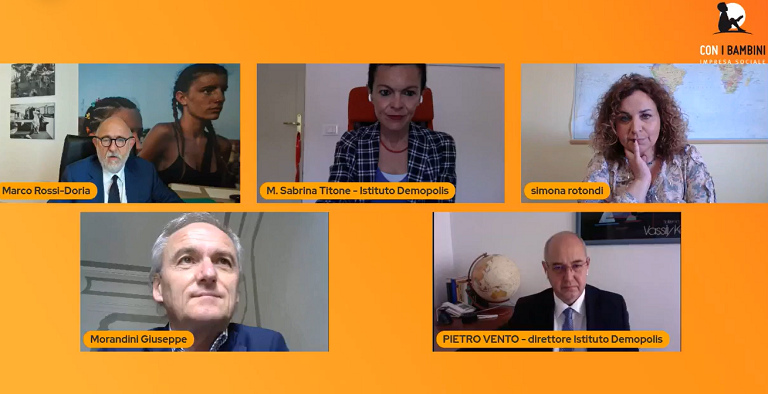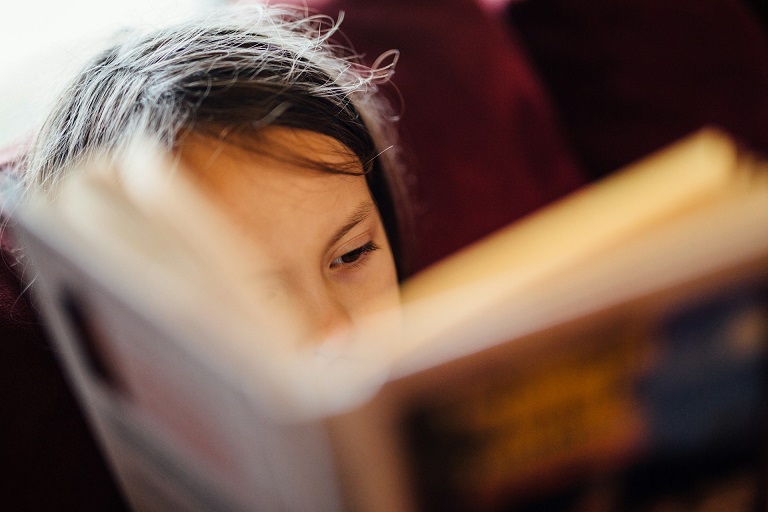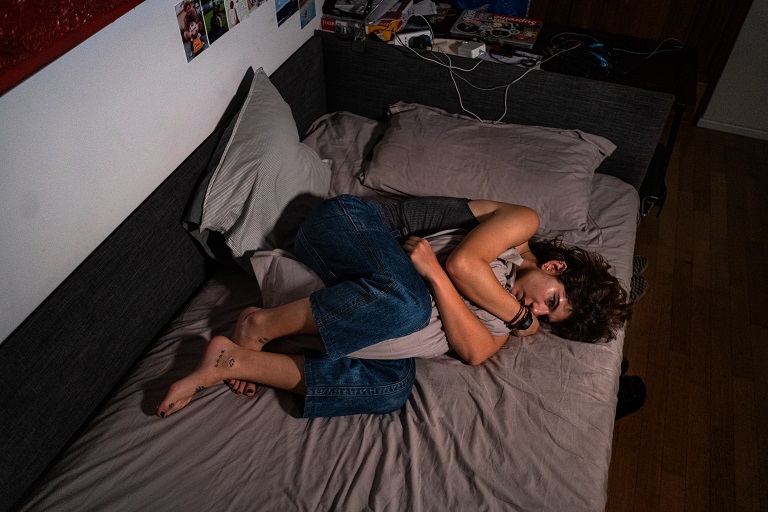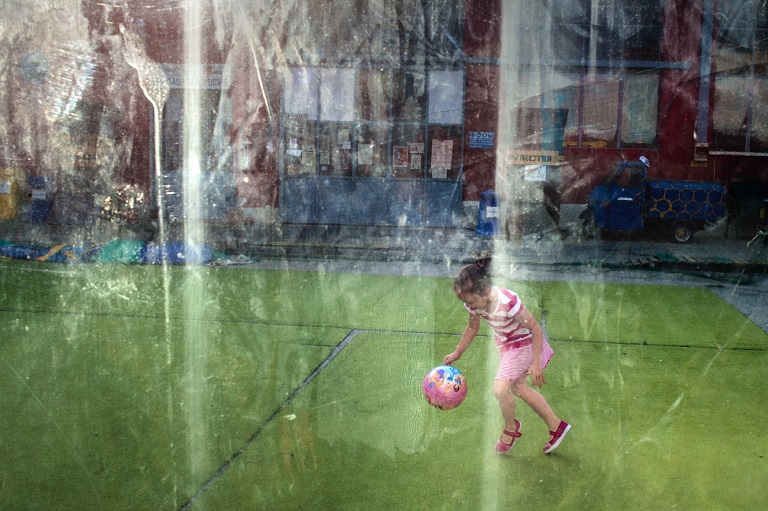“How are you?”: presented the First Survey on Adolescents

They believe in the importance of family (90%), friendships (86%), their relationships with friends (64%) and value leisure time (53%) much more than family relationships (52%) and school life (35%). These are the cornerstones of satisfaction among Italian teenagers. In comparison with adults, Italian girls and boys, as one would expect, prefer the company of their peers, but, they are not overly critical of the adults around them. Further, just over a quarter of adolescents express dissatisfaction with the level of distraction compared to one in two adults who blame themselves for being distracted. Both adults and children seem to agree on one thing: “Adults don’t understand children.” This sentiment is shared by 54% of adolescents and 45% of parents.
These are some of the data that emerged from the multi-target surveys commissioned by the social enterprise Con i Bambini as part of the Fund Against Educational Poverty in Children and Youth in Italy and carried out by the Demopolis Institute through parallel and comparative listening paths of a national sample of adolescents (1,080 interviewees between the ages of 14 and 17) and a representative sample of the adult Italian population (2,820 interviews). Additionally, the survey included a demoscopic focus on three groups: parents with children aged between 6 and 17 years (800 respondents), teachers (260 respondents), and educators and representatives of the Third Sector (298 respondents).
The adults who were interviewed by Demopolis for the social enterprise Con i Bambini, underestimate the extent to which children feel excluded in their desires, passions, and feelings. Also, parents blame each other for frequent distraction (52%), which for boys is deemed a venial sin. Only 12% of parents admit a lack of self-questioning: and it is instead the main complaint voiced by children to adults (38%).
It is clear to adolescents how much consideration is given to their future and they appreciate the care shown by adults in this matter (52%). However, for adults, this is a cause for anxiety and concern: nearly 7 out of 10 adults express fear about future job prospects for young people and challenges in finding direction. Despite their children’s fluctuating but persistent optimism, 65% of parents maintain a bleak outlook on their teenagers’ futures. Due to this very reason, adults acknowledge being mainly inadequate to cope with a growing unease experienced by teenagers (48%).
Link to the complete story: https://www.conibambini.org/2023/06/08/come-stai-presentata-la-prima-indagine-sugli-adolescenti/




